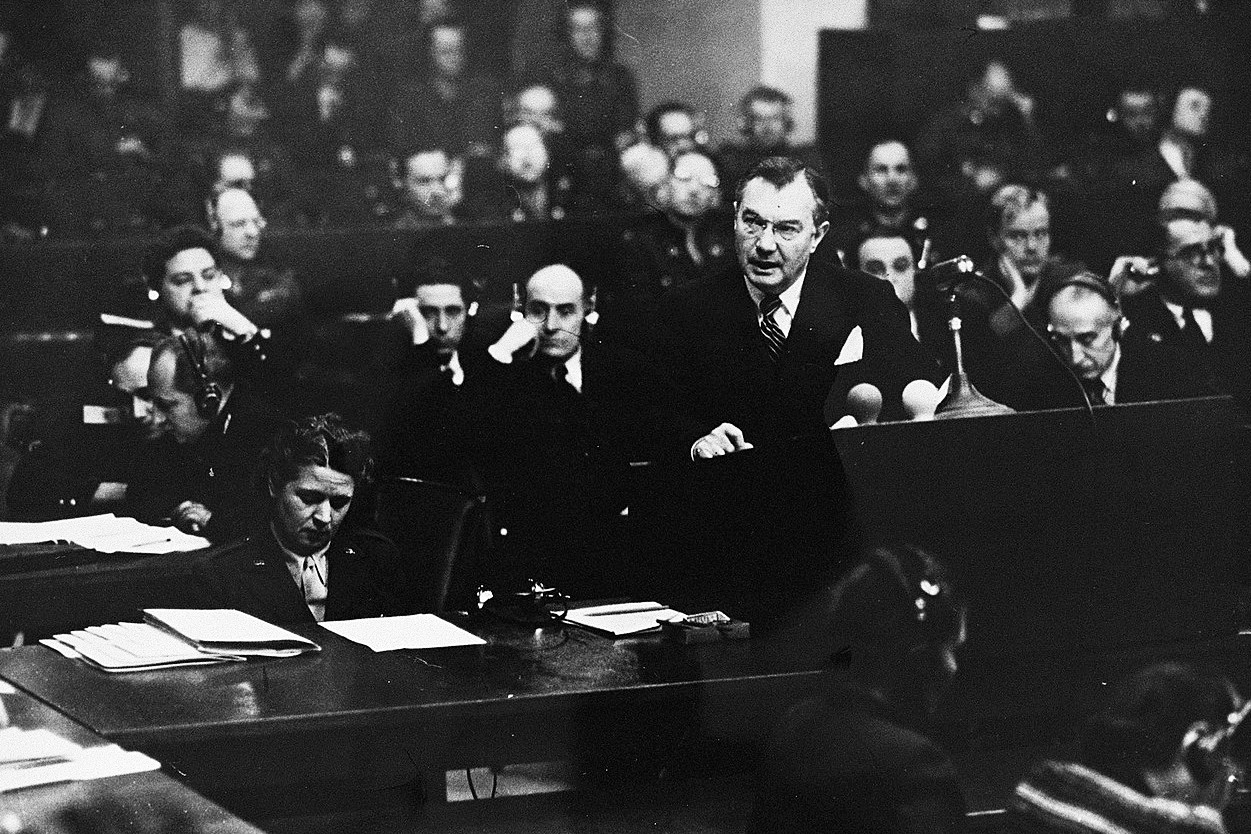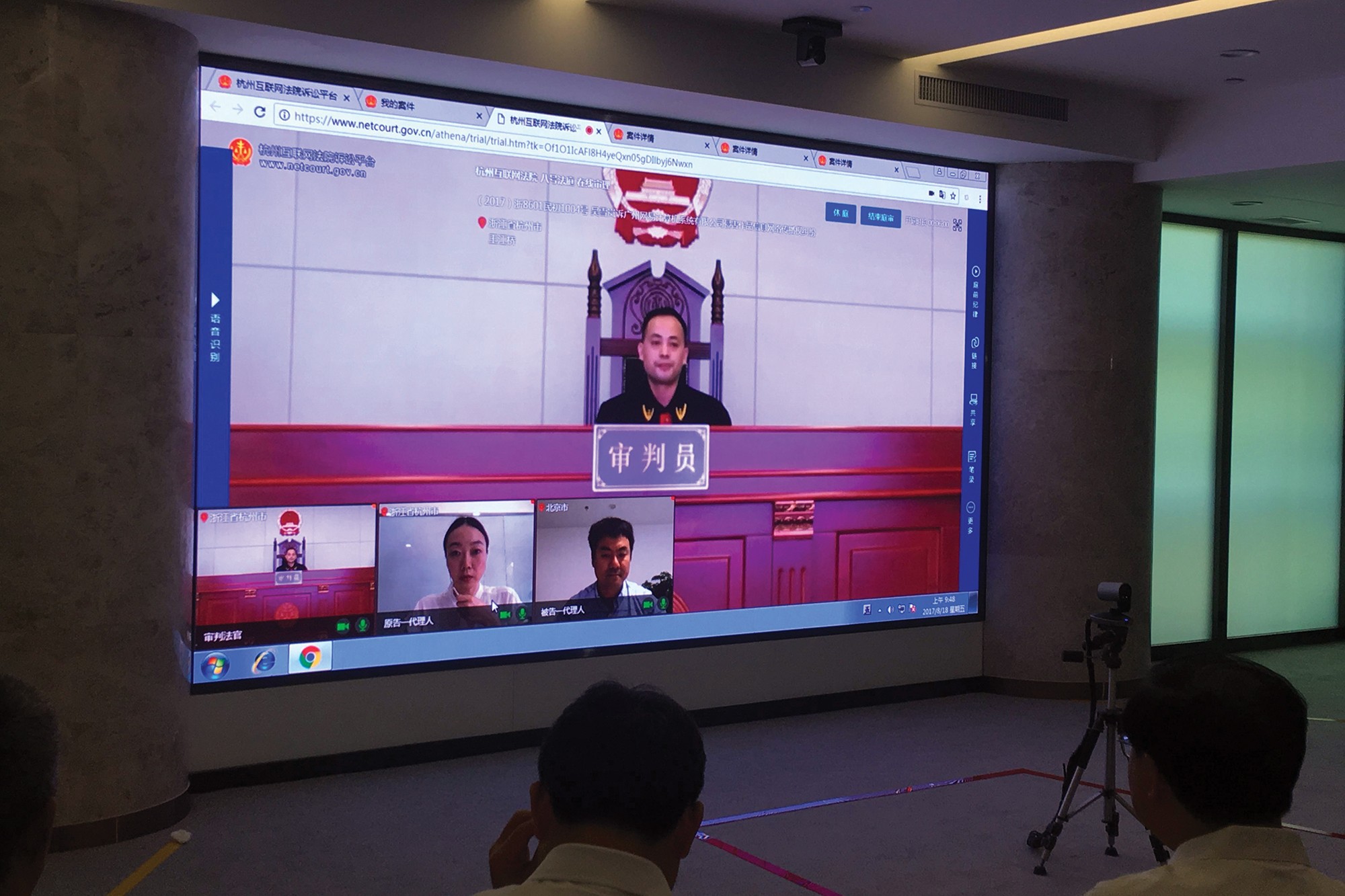
The medical malpractice trial involved a claim that an oncologist had delayed diagnosing the cancer in the plaintiff’s arm. As a result, his arm had to be amputated at the […]

For decades, Arizona’s state courts have spearheaded reforming and improving jury trials. Thirty years ago, the Arizona Supreme Court noted that juries and jury trials had come under increased scrutiny, […]

The question of judicial compensation — not just how much, but the mechanism used to set the amount — has been a part of the American discourse on judicial independence since […]

It’s 1890. Responding in part to the invention of “instantaneous” photography, Samuel Warren and Louis Brandeis write The Right to Privacy, urging legal recognition of “the right to be let alone,” which […]

This edition of Judicature highlights some of the excellent work that courts and judges are doing to advance civic education in our country. Their efforts respond to Chief Justice John G. Roberts […]

Justice Jackson’s post-Nuremberg legacy — his “dispassionate approach” to criminal procedure — continues to shape modern Fourth Amendment jurisprudence.

The current rule of law crisis has roots in Afghanistan’s 2004 constitution, which created a flawed separation of powers system.

International organizations are working to evacuate Afghan women judges, who face particular peril under Taliban rule.

(Pictured Above: View of an online hearing at the Hangzhou Internet Court, in Hangzhou City, the first court in the world designed to hear cases nearly exclusively online. Disputes focus […]

Two great forces are upon us. One is COVID-19, a highly infectious disease that has disrupted society around the globe.1 The other is the constant push of technological advancement, which […]